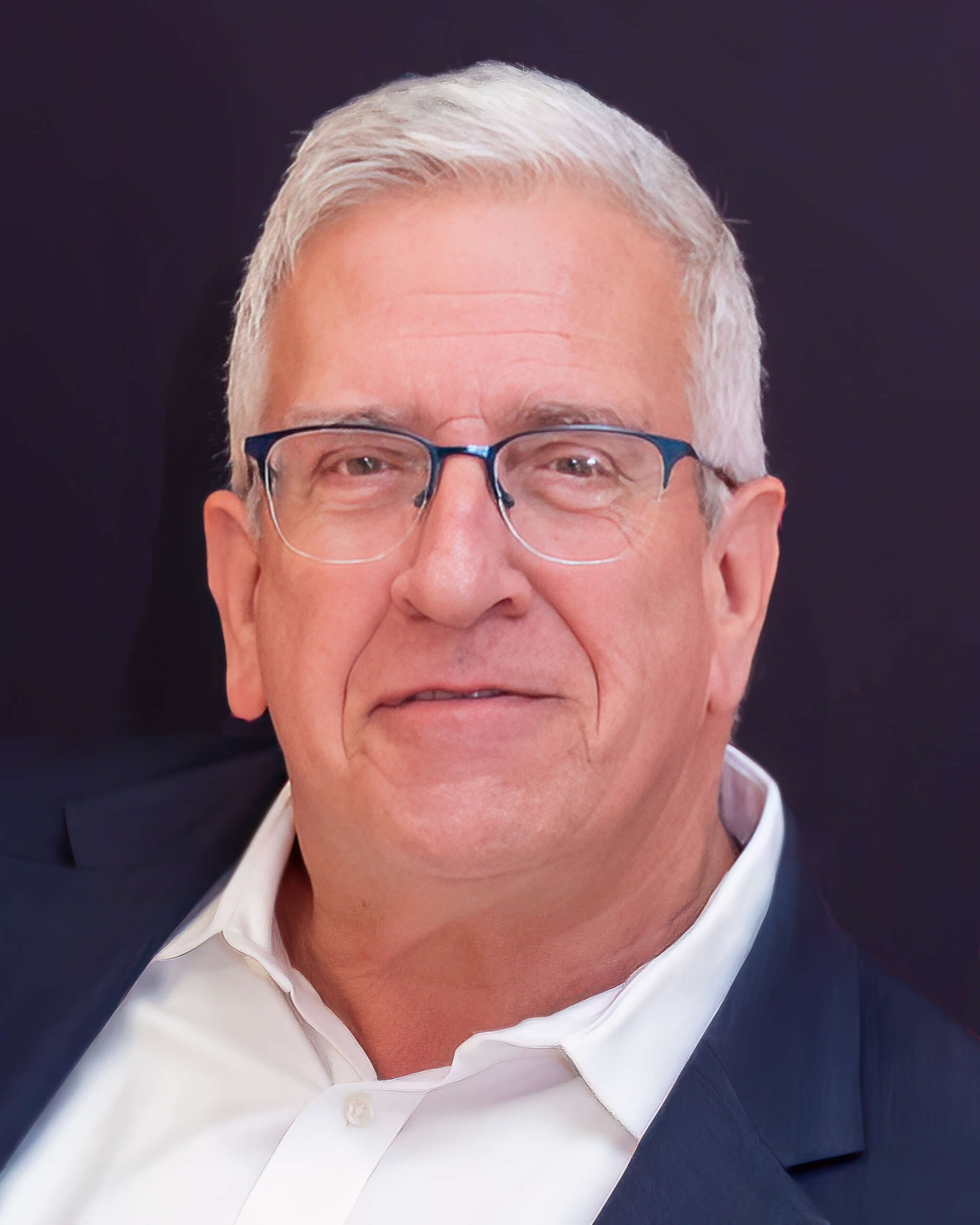Communications sector policy veteran Gigi Sohn said on March 7 that she was giving up on her long, uphill battle to win Senate confirmation of her nomination to the Federal Communications Commission (FCC) and that she asked President Biden to withdraw the nomination first advanced in October 2021.
The move came just a few weeks after the Senate Commerce, Science, and Transportation Committee’s Feb. 14 hearing on her nomination, which ended without the committee taking a vote, and which featured mostly a rehash of previous objections to the nominee, who for many years headed the left-leaning Public Knowledge think tank.
Since her initial nomination, and after President Biden refreshed the nomination earlier this year, Sohn has drawn criticism over policy issues from committee Republicans. Sohn’s decision to give up the battle followed reports that Sen. Joe Manchin, D-W.Va., would not support her nomination.
Last year, Sohn’s nomination was voted out of committee, but stalled on the Senate floor.
For as long as the nomination remains stalled, the net result for the Biden administration and the FCC is a 2-2 split among Republican and Democratic commissioners that deprives Democrats of the 3-2 majority normally enjoyed by the party that controls the White House, and less leeway for FCC Chairwoman Jessica Rosenworcel to pursue her agenda.
“When I accepted his nomination over sixteen months ago, I could not have imagined that legions of cable and media industry lobbyists, their bought-and-paid-for surrogates, and dark money political groups with bottomless pockets would distort my over 30-year history as a consumer advocate into an absurd caricature of blatant lies,” Sohn said in announcing her decision.
“The unrelenting, dishonest, and cruel attacks on my character and my career as an advocate for the public interest have taken an enormous toll on me and my family,” she said.
“Unfortunately, the American people are the real losers here,” Sohn said. “The FCC deadlock, now over two years long, will remain so for a long time. As someone who has advocated for my entire career for affordable, accessible broadband for every American, it is ironic that the 2-2 FCC will remain sidelined at the most consequential opportunity for broadband in our lifetimes.”

